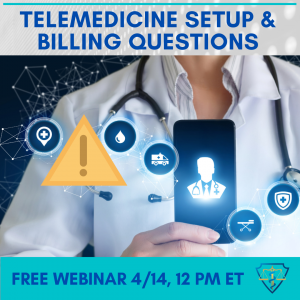 By: Zach Simpson
By: Zach Simpson
Does your office treat Medicare or Medicaid beneficiaries? If so, this article is vital to you and your staff. The first question that I want all of you to ask yourself is if your practice treats Medicare or Medicaid beneficiaries do you know what an ABN is, and why they are vital for your practice? The acronym ABN stands for Advance Beneficiary Notice of Non-coverage. ABNs safeguard your practice’s right to collect on non-covered services (other than statutorily excluded services) from patients who have Medicare or Medicaid. Multiple organizations I have worked with throughout my career had never been informed about ABNs or had never been properly educated on how utilize them. This article is intended to provide you and your practice with the most recent information regarding the renewed ABN form that became mandatory for use on January 1, 2021.
As of January 1, 2021, a new Fee-for-Service Advanced Beneficiary Notification of Non-coverage became effective until it expires on June 30, 2023. In the event that your practice has been utilizing the same ABN forms for years then listen up.Continue reading





 By: Karina P. Gonzalez
By: Karina P. Gonzalez
 By: Karina P. Gonzalez
By: Karina P. Gonzalez
 By:
By: 
 By:
By:  Just the other day CMS issued new rules and temporary waivers to help combat the COVID pandemic. We are getting flooded with questions about
Just the other day CMS issued new rules and temporary waivers to help combat the COVID pandemic. We are getting flooded with questions about 
 By:
By: 
 By
By